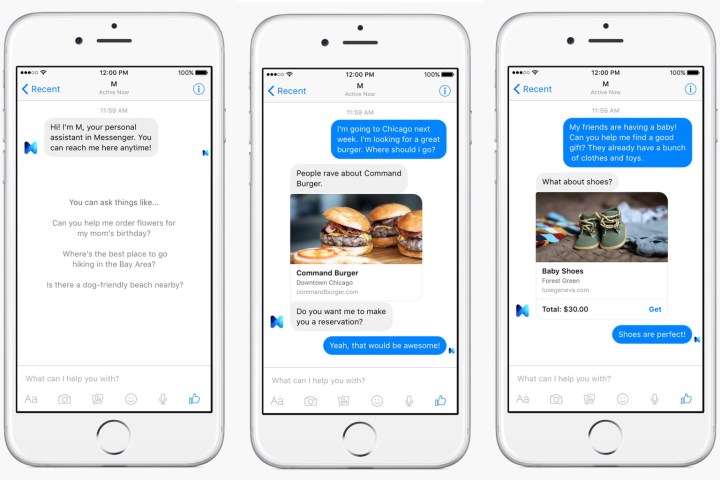
Instead of the revolutionary tech that was supposed to change our everyday lives, we received bots that were prone to glitches and that offered little novelty in comparison to smartphone apps.
The social network’s AI chief is working on changing that. Yann LeCun, known for his innovative work with AI in the field of deep learning, has stated that he plans to teach Facebook chatbots common sense.

Speaking at the Wired Business Conference, LeCun claimed that his strategy is essential to his company’s goal of creating a comprehensive digital assistant in the form of Facebook M.
At present, deep learning techniques are used by Facebook to identify faces in user photos, curate the news feed, and even power parts of the company’s digital assistant. LeCun wants to take this approach one step further. Instead of relying on supervised learning, which sees humans build an AI by feeding it thousands of pictures of real-world objects, he wants to implement a predictive learning system. This would basically entail the AI overseeing humans interacting with users through its M digital assistant. The concept being that the more the AI sees of the world, the more it will learn to grasp human language, the same way we do in real life. This is what LeCun identifies as the missing piece of the AI puzzle on the path to predictive learning, and common sense.
Facebook’s first AI director admits that there is some work to be done in order to achieve this mission. First and foremost is scientific research, which he insists must be transparent.
“Doing research in secret just doesn’t work,” he says. That explains why Facebook recently decided to open-source its AI hardware through its Open Compute Project. At the time, LeCun stated that this would accelerate the growth of the technology.
Facebook isn’t the only tech company chasing an AI-driven future. Apple recently announced a number of improvements to its digital assistant, Siri, at its WWDC event. Additionally, both Google (which uses AI to power parts of its Android OS), and Microsoft (which shares Facebook’s passion for chatbots) have open-sourced their AI in the past.


